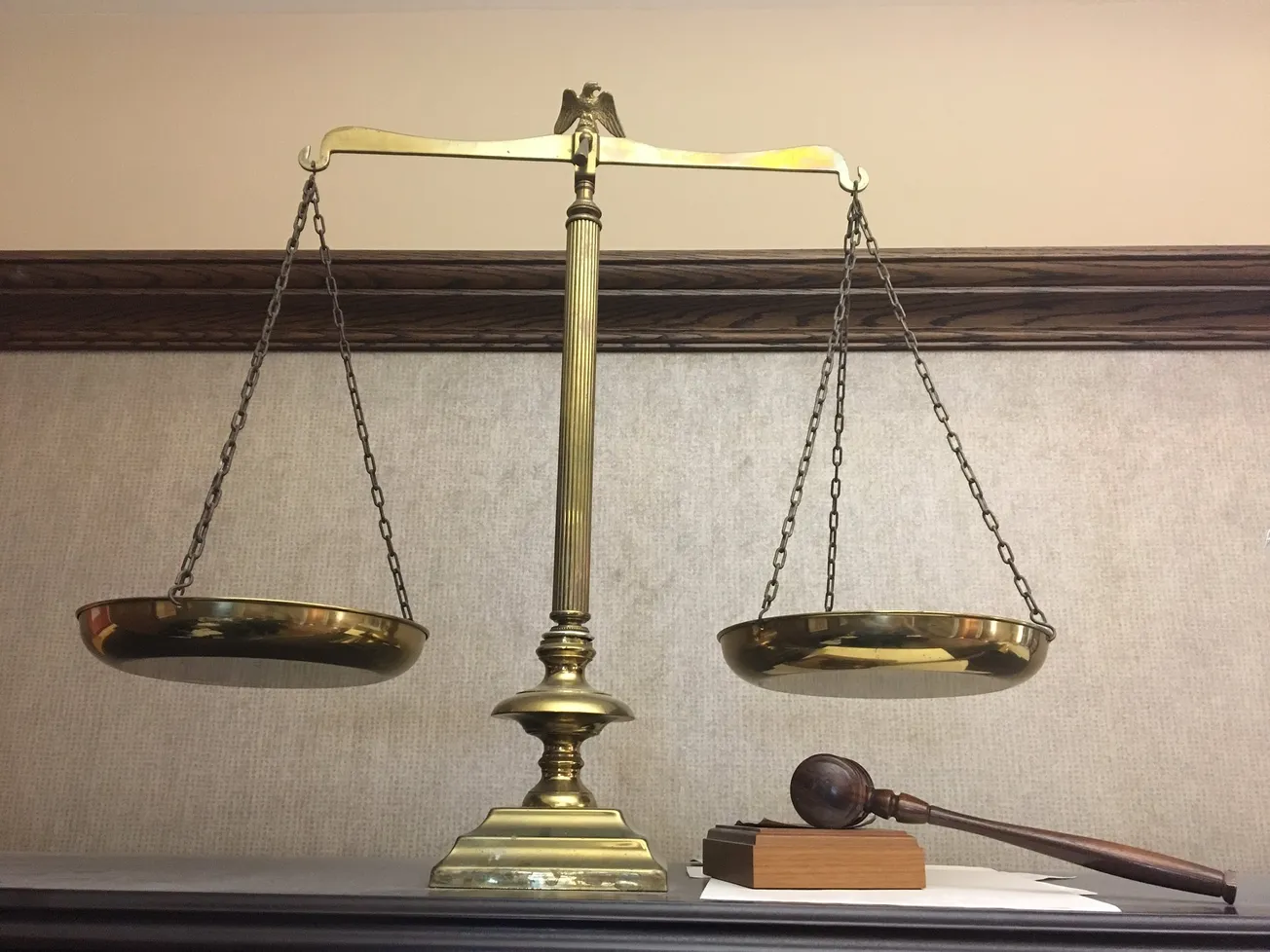Table of Contents
When I wrote the post “Sexual Harassment? Evidently Not”, my main premise was that allegations of sexual impropriety can be so easily weaponised for retribution or for personal or political gain with little or no corroborative evidence and too often, the damage done is irreparable even if later the allegations prove to have been unfounded. But there’s so much more to this than initially meets the eye.
The Labour youth camp looked to me, at the time, to have been a poorly supervised get together of young people who got up to what young people get up to. They shouldn’t have had alcohol readily available and there should have been better mature supervision. That was definitely a fail for the organizers and cost the Labour Party president his job. But where there’s alcohol, youth and hormones there are bound to be some elevated emotions. All the more reason for responsible and appropriate adult supervision.
The salacious allegations of sexual misconduct that formed a part of the drinking and partying, according to media reports at the time, were just what the opposition needed to attack Labour, and attack they did. The scope also widened to events that had nothing to do with the Summer Youth Camp, and perhaps for some, the two become entwined and evolved into one and the same thing.
The formal inquiry by Maria Dew QC has found the Sexual Assault allegation (singular and not at the summer camp) and the Sexual Harassment allegations (plural and also not at the summer camp) were not established.
It’s important to understand why, so I quote from the report:
The assault is alleged to have occurred in February 2018 at the respondent’s home. However, there is insufficient evidence that the events occurred as alleged […] Her evidence was incorrect in several critical respects in relation to the events of that evening.
The time Ms 1 and the respondent spent together in his home or her flat, during the evenings in that month, arose out of their personal relationship. In this event, the New Zealand Labour Party Code of Conduct and Harassment policies do not govern their personal relationship.
Ms 1’s recollection of material events about the evening in February 2018 was clearly incorrect. Her allegation was also inconsistent with her own numerous contemporaneous Facebook messages with the respondent during that month and in surrounding months.
During this investigation, Ms 1 accepted that she had provided misleading information to this investigation and the Party about her email dated 9 March 2019 […]
The remainder of her evidence about reporting this allegation orally in her 9 March 2019 investigation committee interview, is rejected as improbable when assessed against the weight of other witness evidence to the contrary[…]
On the basis of the evidence outlined above, would you find differently?
It is of little consequence to the complainants when the evidence doesn’t support their heartfelt beliefs and herein lies what is arguably the most difficult problem faced by the whole of society and our judicial principles.
While it is only natural to feel an overwhelming sympathy and empathy for any victim of sexual assault and a desire to see the perpetrator punished, sexual assaults by their very nature usually occur in privacy with no witnesses and no evidence or corroboration.
With many documented examples of misplaced confidence in the word of alleged victims, what are we to do in the interests of natural justice?
Read the full report here: https://www.scribd.com/document/440187456/Executive-Summary-17-December-2019-MJ-Dew-QC









